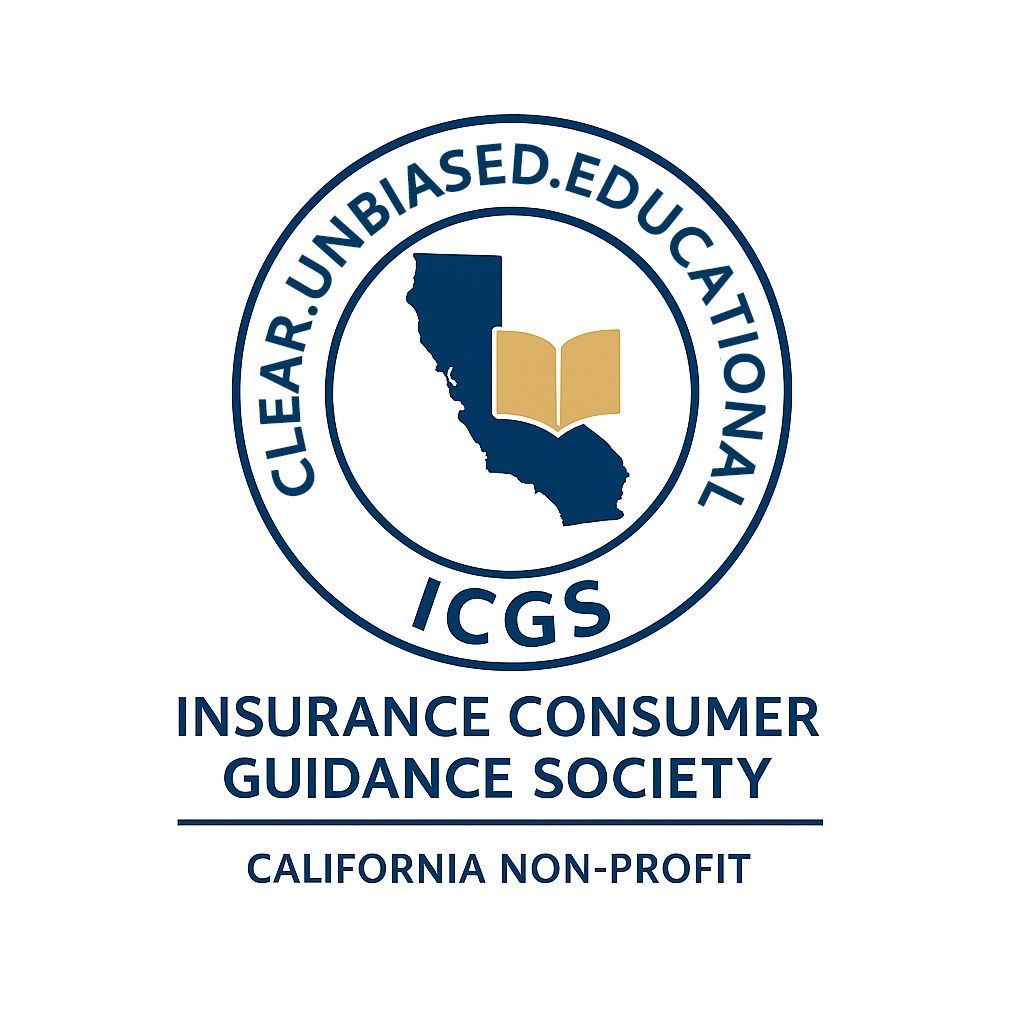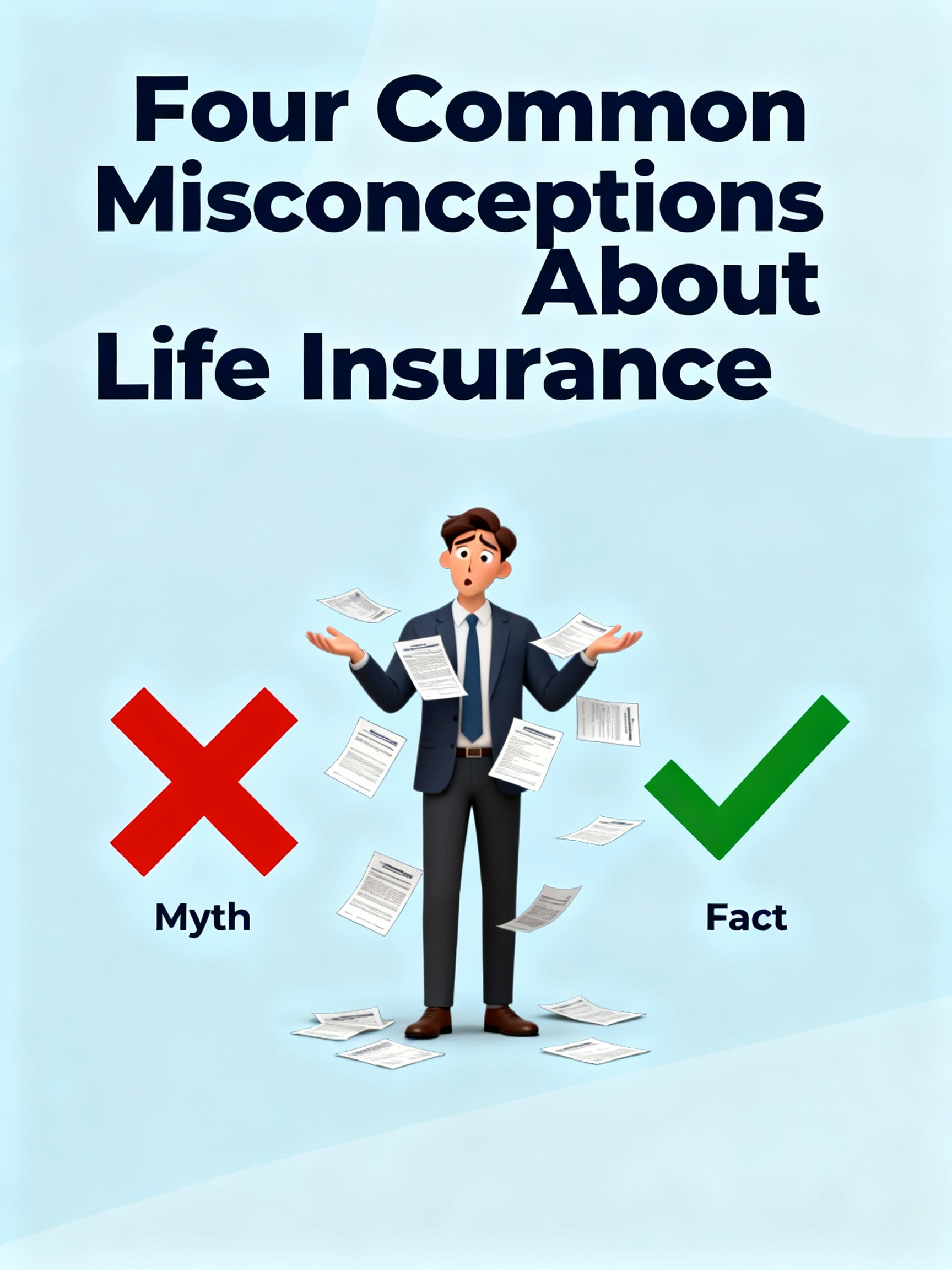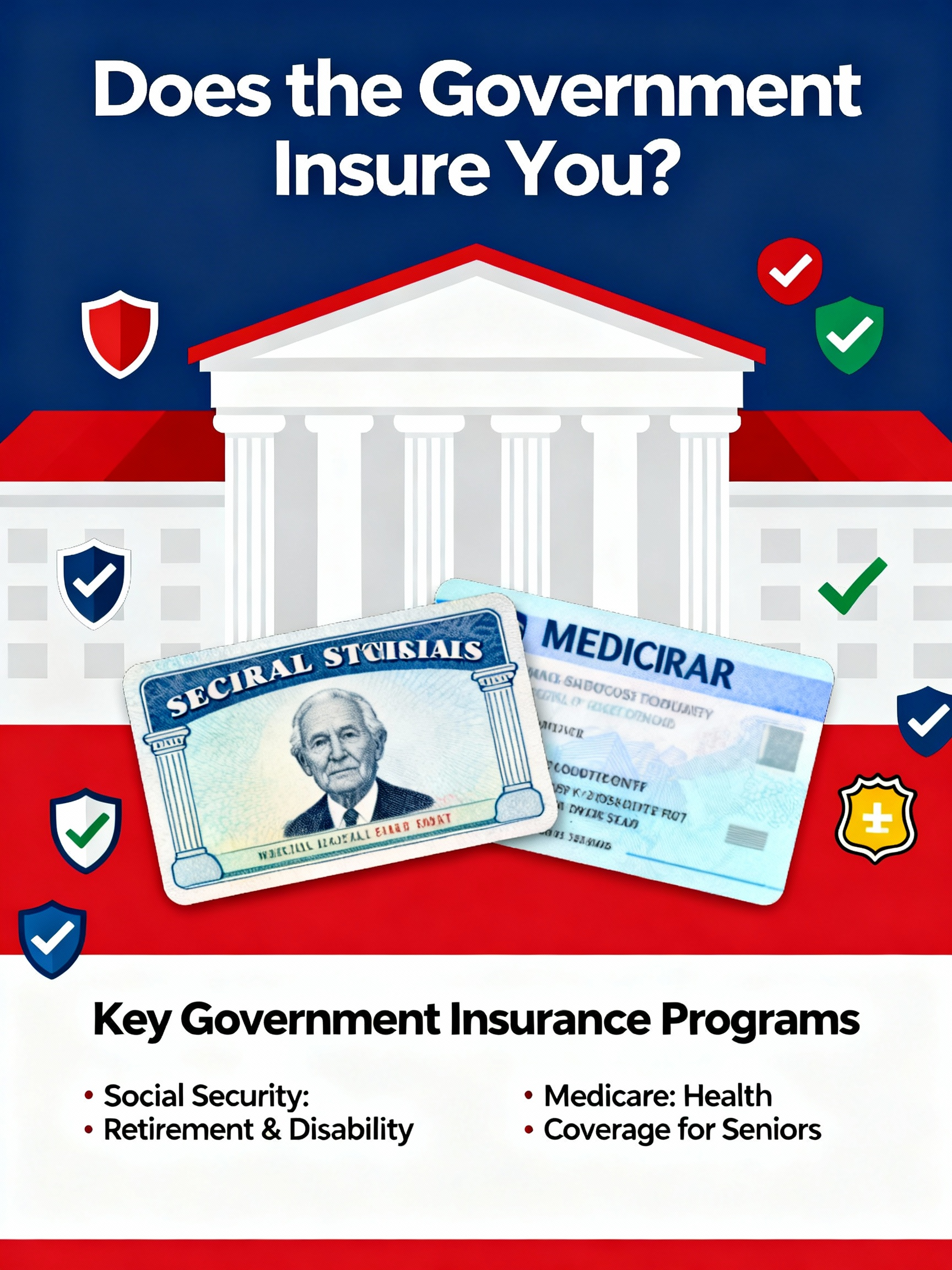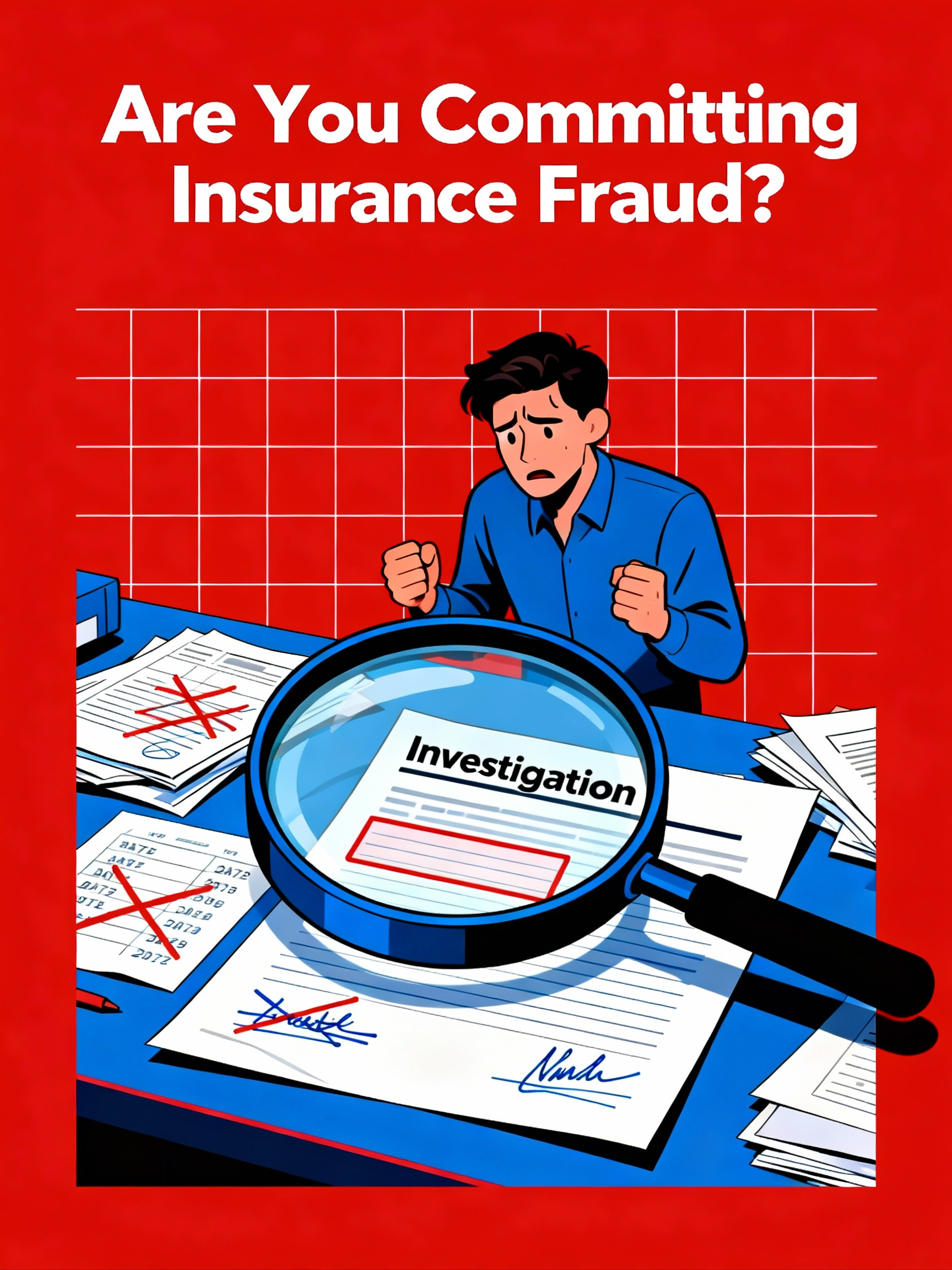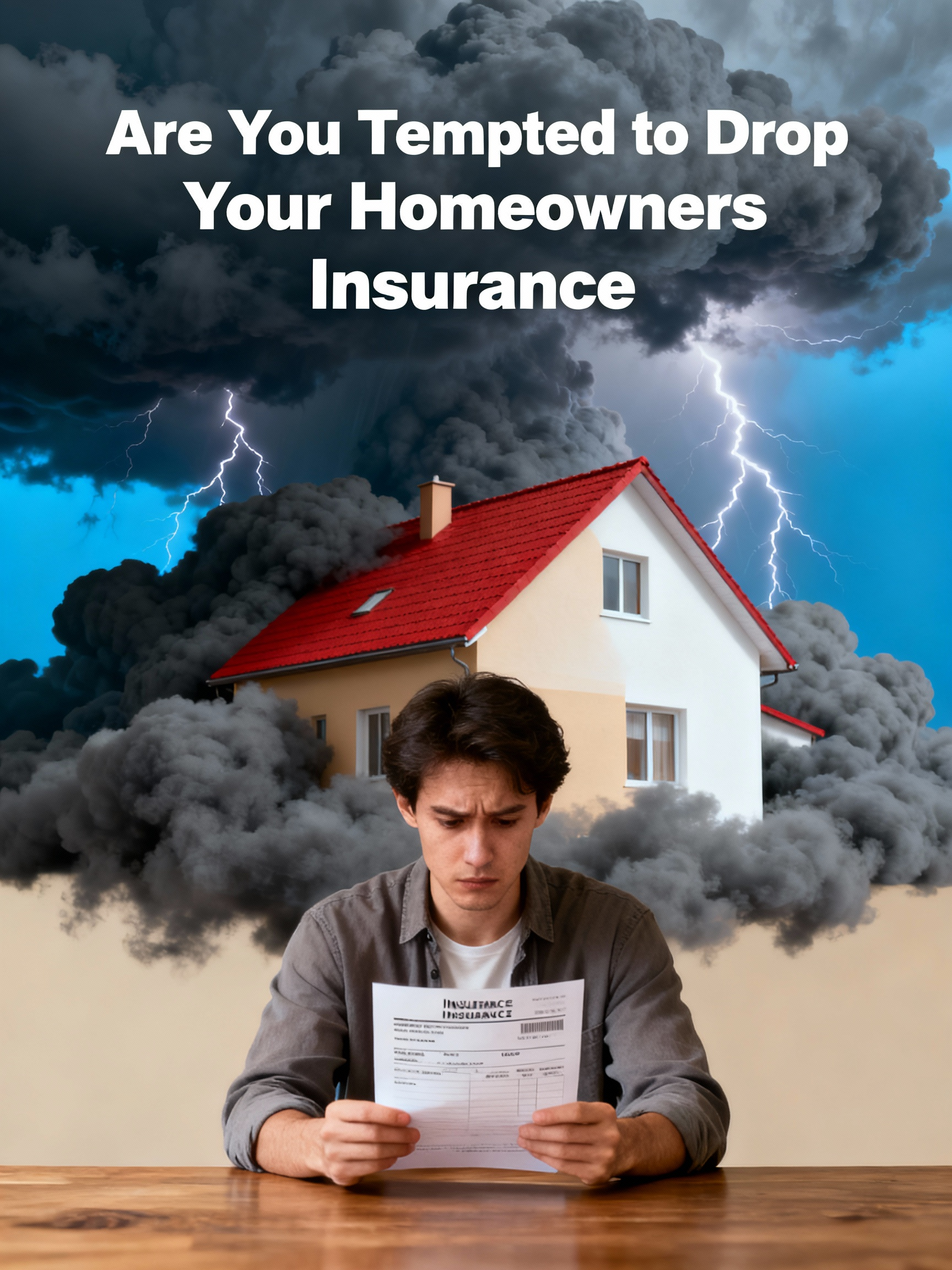California’s Fight Against Insurance Exploitation: Two Key Bills for Homeowners’ Protection
Published Date: 04/11/2025
When disaster strikes, chaos doesn’t end with the flames. For too many Californians, the aftermath of a wildfire or natural disaster brings a second wave of hardship—fraud, confusion, and rising insurance costs.
In a recent episode of Insurance Hour, host Karl Susman spoke with Assemblymember Heath Flora (R–Ripon), a firefighter-turned-lawmaker, about two important bills designed to protect consumers in California’s volatile insurance environment: AB 637, the Deceptive Disaster Relief Advertising Act, and AB 1354, a proposal offering tax relief for homeowners facing skyrocketing premiums.
Both bills reflect a clear reality: California’s insurance system is under strain, and consumers need protection—both from predatory practices and from the financial shocks that follow every new wildfire season.
🔥 AB 637: Cracking Down on Disaster Relief Scams
The Problem:
After nearly every major fire in California, residents who have lost everything are bombarded by people promising help—some legitimate, many not. Assemblymember Flora describes them bluntly: “They’re ambulance chasers.”
Flora, who served as a firefighter for more than 15 years, recalls scenes at disaster zones where private attorneys, adjusters, and “consultants” lined up outside evacuation areas with business cards in hand before the embers were even cold.
“They’d hand out cards claiming to work with the Insurance Commissioner or a government agency. People were traumatized, desperate, and didn’t realize these were for-profit businesses looking to make money off their loss.”
The Solution — AB 637:
Flora’s bill aims to protect disaster victims by requiring anyone offering paid disaster recovery or insurance claim assistance to clearly disclose:
- That they are a for-profit entity;
- That they are not affiliated with any government agency, insurer, or the Department of Insurance; and
- What their intentions and services actually are.
Violations would carry fines of $2,500 per incident, enforceable by the Attorney General, the Insurance Commissioner, or the Department of Consumer Affairs.
While the bill doesn’t ban these services outright, it ensures transparency and accountability—especially at moments when victims are most vulnerable.
“We’re not saying these firms can’t help,” Flora explained. “But people deserve to know who they’re talking to. Disclosure is everything.”
⚖️ Why This Law Matters
After the devastating Los Angeles wildfires, reports surged of “insurance recovery specialists” claiming to be connected to official relief efforts. Some demanded thousands of dollars upfront; others misrepresented themselves online through geotargeted ads that blanketed burn areas.
Flora’s bill recognizes that disaster scams have gone digital. It covers door-to-door solicitation, phone calls, social media, and digital advertising, requiring online ads to carry the same disclosures as printed materials.
“You can geofence an area and hit thousands of people for a few hundred bucks a month,” Flora warned. “All you need are a few victims to make it profitable.”
The measure even extends to social media campaigns, ensuring that deceptive ads—especially those that imitate official recovery programs—can be prosecuted.
Who Supports AB 637?
- California Department of Insurance
- Insurance Commissioner Ricardo Lara
- California Association of Realtors
Notably, as of its introduction, no formal opposition had been registered—though Flora expects some consumer attorney groups to challenge it, arguing it may limit marketing flexibility for legitimate legal practices.
Flora’s Response:
“If you’re doing everything above board, you shouldn’t fear a disclosure requirement. If there’s nothing to hide, why hide it?”
Keep me updated!
🏠 AB 1354: Insurance Relief for Californians Facing Skyrocketing Premiums
While AB 637 tackles deception, AB 1354 confronts another looming crisis—affordability.
The bill, co-authored with Assemblymember Greg Wallis (R–Palm Springs), offers Californians a state income tax deduction for insurance premium increases from 2025 through 2030.
Flora calls it a “keep-it-simple” approach to give financial relief while California rebuilds its broken insurance market.
“It’s not the homeowner’s fault that fires are more intense or that insurance has been artificially suppressed for decades. This gives them a break during a painful correction period.”
📉 The Insurance Squeeze: How We Got Here
California’s insurance crisis didn’t appear overnight.
For decades, the state has operated under Proposition 103 (1988), a law that gave the Insurance Commissioner authority to approve or deny rate increases. The idea was consumer protection—but Flora and many industry experts argue it’s had the opposite effect.
“We’ve artificially suppressed rates for 30 years,” Flora said. “Nobody likes rate hikes, but every other industry adjusts 3–5% annually for inflation. We froze insurance rates, and now we’re paying the price.”
That “price” is literal. Major insurers like State Farm, Allstate, and Farmers have reduced or halted new home insurance policies in California. Others have left the state entirely, citing unworkable regulations and unrecoverable losses from wildfires.
Flora points out that the lack of regular, incremental rate adjustments has led to massive sudden jumps—20% or more—when insurers finally seek relief.
💡 How AB 1354 Works
Under AB 1354:
- Homeowners could deduct the difference between their current premium and what they were paying before January 1, 2025.
- The deduction would apply to residential property insurance only.
- The policy is temporary (2025–2030)—a bridge until California’s insurance market stabilizes.
The bill recognizes that homeowners forced onto the FAIR Plan or those adding costly supplemental policies deserve the same relief.
For example:
If a homeowner’s premium rises from $6,000 to $10,000, they could deduct the $4,000 increase from their state income taxes.
“This isn’t a permanent fix,” Flora admits. “It’s a tourniquet. We’re trying to stop the bleeding while we rebuild competition in the market.”
⚖️ Balancing Fiscal Impact and Consumer Relief
Critics may question the loss of state tax revenue, but Flora argues the cost is justified:
“The governor often says, ‘A budget reflects your values.’ Well, keeping Californians in their homes should be one of our top values.”
He believes the tax break will help prevent foreclosures and stabilize communities hit hardest by the insurance crisis, while buying time for broader regulatory reforms.
🚨 Looking Ahead: Reform Beyond Relief
Both of Flora’s bills—AB 637 and AB 1354—are part of a larger conversation about California’s risk management future.
AB 637 deals with consumer protection and fraud prevention, ensuring residents aren’t preyed upon after disasters.
AB 1354 deals with economic resilience, giving homeowners financial breathing room.
But both point to a deeper need: modernizing California’s insurance regulation.
Flora doesn’t mince words about Proposition 103, calling it “an outdated relic that’s choking the market.”
“We literally pay watchdog groups to oppose rate increases. Then we wonder why insurers stop writing policies. We need steady, predictable rate adjustments—not 20% shocks.”
He envisions a return to a competitive free market—where insurers can operate sustainably, and consumers benefit from choice and lower rates.
🧩 The Takeaway
California’s wildfires and disasters are becoming more frequent and more expensive. Between inflation, building costs, and climate risks, homeowners face growing uncertainty.
Assemblymember Heath Flora’s twin legislative efforts—AB 637 and AB 1354—represent two halves of the same mission:
- Protecting consumers from exploitation when they’re most vulnerable.
- Providing relief as the insurance system resets toward long-term stability.
“There’s no perfect solution,” Flora concluded. “But we can be creative, transparent, and fair. That’s what Californians deserve right now.”
✍️ Final Thoughts
For Californians navigating the new insurance landscape:
- Stay alert after disasters—verify anyone offering “help” before signing anything.
- Check with your insurance broker or the Department of Insurance for guidance.
- Watch for legislative updates on AB 637 and AB 1354—they could change how you protect your home and your wallet.
As the state’s insurance market rebuilds, one thing is clear: knowledge is power. And with lawmakers like Flora bringing real-world experience from the fire line to the policy table, that power may finally be shifting back toward California’s homeowners.
Author
